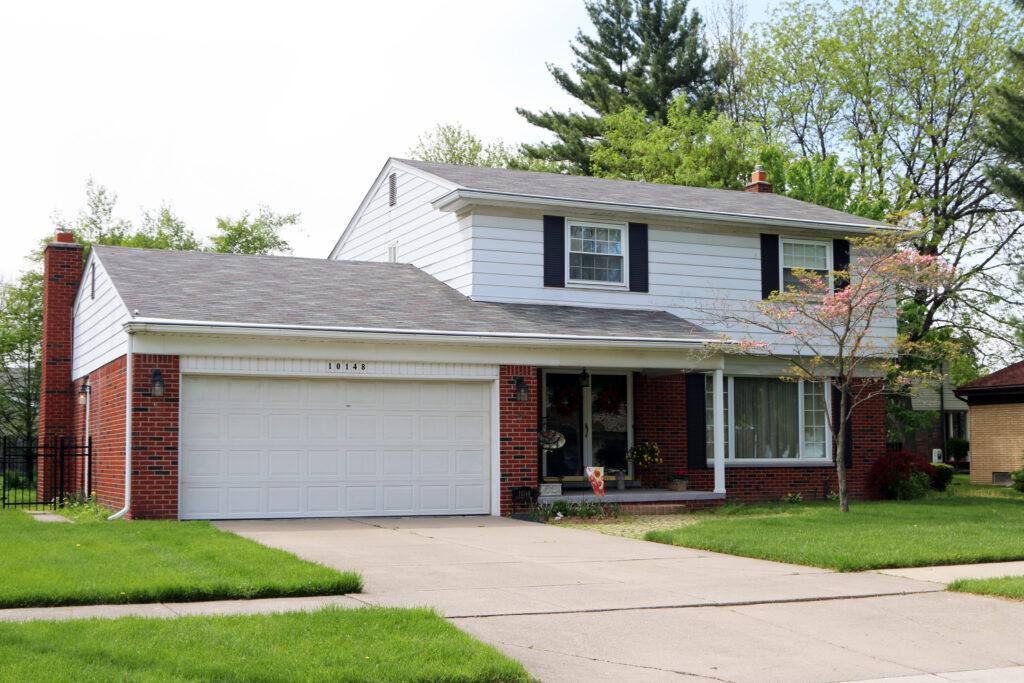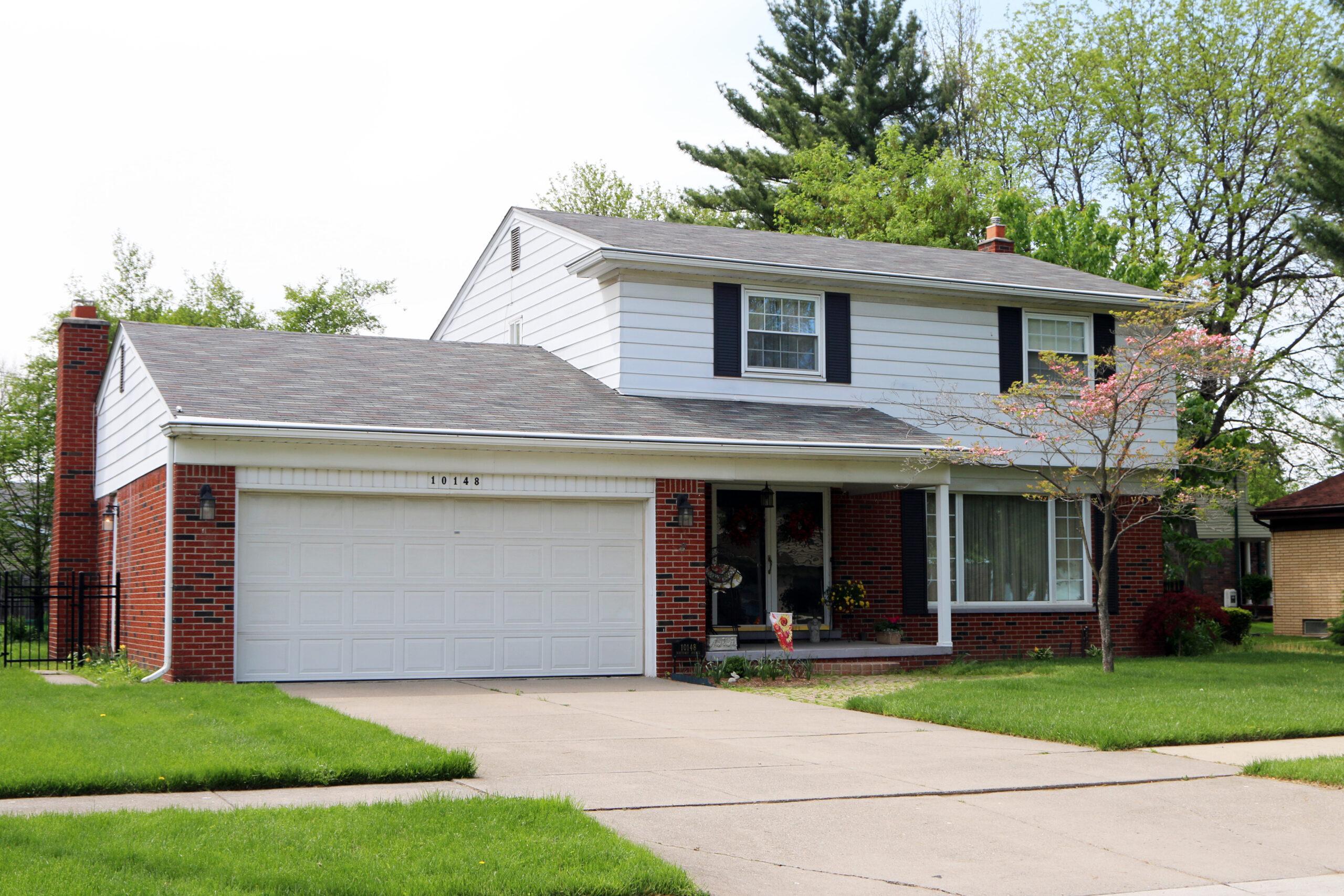Aluminum siding is in decline as an exterior siding material because vinyl siding and other materials have become more popular choices. However, it is still among the most common forms of siding found today since it provided advantages over other materials from the time it was introduced in the 1940s and throughout it’s use into the 1970s.
This siding is made from aluminum coil stock, which is chemically coated to protect the metal and painted for aesthetics and additional protection. It was then baked for durability and had enamel added to create texture.
Its popularity remained fairly steady until the 1970s, during the energy crisis. Aluminum siding requires a great deal of energy for production, as well as consumption of a significant amount of raw materials. These factors largely contributed to its decline in use as other forms of exterior cladding became more popular.
Do you need to be concerned if you are purchasing an older home that has aluminum siding? Not at all. It has some advantages over other types of siding – we just need to make sure that it is properly inspected, like all of the other materials in your home.

Advantages
- Since aluminum siding contains no organic material, it will not rot or serve as a source of food for termites.
- An enamel coating baked onto the surface of the siding can mimic the look of other materials, such as wood grain, which gives the siding a more traditional look.
- Aluminum siding is recyclable.
- Aluminum siding insulates a home better than vinyl siding and can save the homeowner a considerable amount on heating and cooling costs over the lifetime of the product.
- Aluminum siding is very lightweight.
- It is fairly durable. When properly maintained, it can last from 40 years to the life of the structure.
- It accepts the application of paint well and can be painted any desired color.
- Aluminum siding does not rust.
- It is fireproof. In case of fire, it will not burn or melt like other claddings. The fireproof nature makes it a popular choice with insurance companies, which will often give homeowners a discount if they have this product on their home.
- It is waterproof. When properly installed, it provides excellent water-resistant capabilities for exterior walls.
Disadvantages
- Aluminum siding can dent easily, and the damaged area may be difficult to repair or replace. This is especially true for trying to match the paint, which may have faded over the years and picked up a chalky appearance.
- Although the siding takes the application of paint well, it may need to be repainted every five to 10 years. If any oxidization has occurred, it must be removed before new paint is applied, which can make for a labor-intensive process.
- Scratches in the siding will usually be immediately noticeable and unsightly because they can reveal the metal surface below the paint.
- Although aluminum will not rust because it contains no iron, it can corrode.
- The sound of rain and hail striking it can be loud enough that some people avoid using it for this reason alone.
- The production of aluminum siding requires a large amount of energy and raw materials.
- Even though aluminum comes in a variety of patterns and textures, and may look good from a distance, some people simply do not like the aesthetics of aluminum up-close.
Inspecting Aluminum Siding
Like all forms of siding, your home inspector will be checking on aluminum siding as well.
These are some of the things we look for:
Distinguishing Between Aluminum and Other Siding
- Aluminum siding can be distinguished from vinyl siding by visual inspection. Any dents in the siding are a clue that it is aluminum, as opposed to vinyl, which may show cracks or breaks.
- Lightly tapping on the siding can also help determine what the material is. Aluminum has a slightly hollow and metallic sound when struck.
- Distinguishing between aluminum and steel siding can be more difficult and may require the use of a magnet, which will interact with steel but not aluminum. Rust spots are another sign that the siding is steel.
Aluminum Siding Considerations
- Properly installed aluminum siding should not be in contact with the ground.
- If the siding has been installed in contact with the ground or below ground level, outward bulging at the bottom can be an indication that the building sills and/or lower walls have been damaged by rot or pests.
- Since metal siding can conduct electricity, some jurisdictions require the siding be grounded as a safety measure.
For commercial property inspections in the Dallas/Fort Worth area, including a thorough and informative home inspection report, learn more at
or request a quote for a commercial inspection at
682-351-2267



